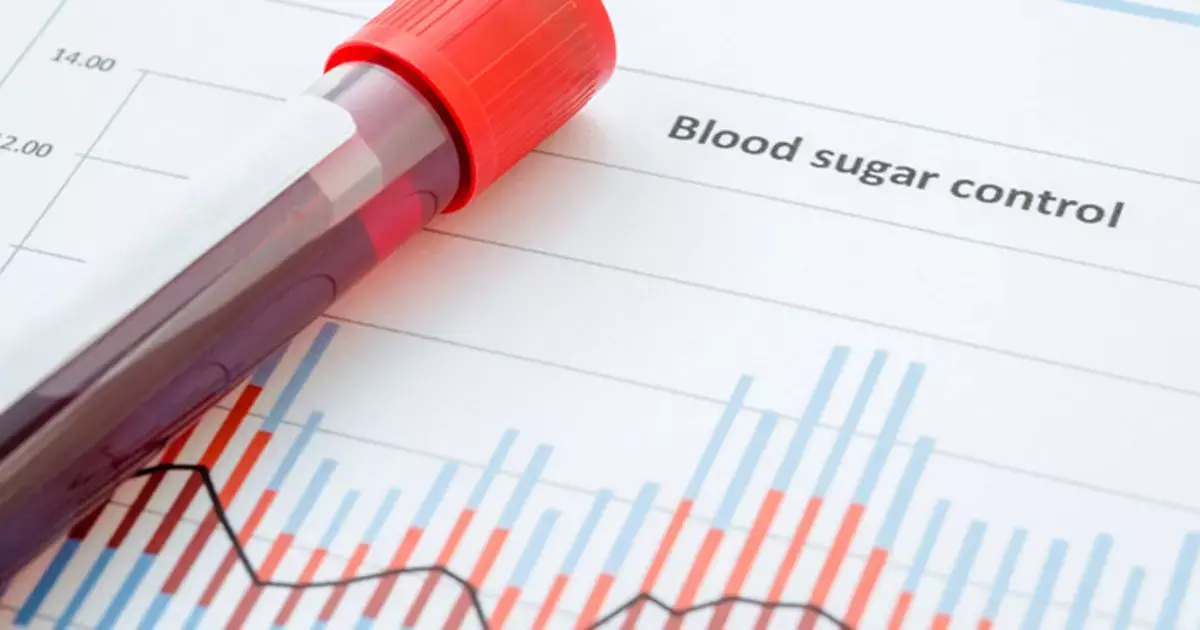- Home
- Medical news & Guidelines
- Anesthesiology
- Cardiology and CTVS
- Critical Care
- Dentistry
- Dermatology
- Diabetes and Endocrinology
- ENT
- Gastroenterology
- Medicine
- Nephrology
- Neurology
- Obstretics-Gynaecology
- Oncology
- Ophthalmology
- Orthopaedics
- Pediatrics-Neonatology
- Psychiatry
- Pulmonology
- Radiology
- Surgery
- Urology
- Laboratory Medicine
- Diet
- Nursing
- Paramedical
- Physiotherapy
- Health news
- Fact Check
- Bone Health Fact Check
- Brain Health Fact Check
- Cancer Related Fact Check
- Child Care Fact Check
- Dental and oral health fact check
- Diabetes and metabolic health fact check
- Diet and Nutrition Fact Check
- Eye and ENT Care Fact Check
- Fitness fact check
- Gut health fact check
- Heart health fact check
- Kidney health fact check
- Medical education fact check
- Men's health fact check
- Respiratory fact check
- Skin and hair care fact check
- Vaccine and Immunization fact check
- Women's health fact check
- AYUSH
- State News
- Andaman and Nicobar Islands
- Andhra Pradesh
- Arunachal Pradesh
- Assam
- Bihar
- Chandigarh
- Chattisgarh
- Dadra and Nagar Haveli
- Daman and Diu
- Delhi
- Goa
- Gujarat
- Haryana
- Himachal Pradesh
- Jammu & Kashmir
- Jharkhand
- Karnataka
- Kerala
- Ladakh
- Lakshadweep
- Madhya Pradesh
- Maharashtra
- Manipur
- Meghalaya
- Mizoram
- Nagaland
- Odisha
- Puducherry
- Punjab
- Rajasthan
- Sikkim
- Tamil Nadu
- Telangana
- Tripura
- Uttar Pradesh
- Uttrakhand
- West Bengal
- Medical Education
- Industry
Overnight glucose intake linked to functional limitations the following day in type 1 diabetes patients

A new study published in Diabetes care suggests that overnight glucose levels indicate difficulties with objective and self-reported functioning the next day and can have a negative effect on all patient-reported outcomes.
Although type 1 diabetes has been shown to have a negative impact on functioning, or the capacity to carry out everyday tasks, the effects of abrupt changes in blood glucose levels are less clear. Thus, in order to identify the causal link between overnight glucose uptake and the functional limitations of the following day, Elizabeth Pyatak and colleagues carried out this study.
In adults with type 1 diabetes, dynamic structural equation modeling was used to see if overnight glucose (coefficient of variation [CV], percent time 70 mg/dL, percent time >250 mg/dL) predicted seven next-day functioning outcomes (accelerometry-derived physical activity, mobile cognitive tasks, self-reported activity participation). Researchers investigated mediation and moderation, as well as whether short-term associations predicted overall patient-reported results.
The key findings of this study were:
Overnight CV (P = 0.017) and percent time >250 mg/dL (P = 0.037) predicted overall next-day functioning.
Pairwise analyses show that time 70 mg/dL is linked with poorer sustained attention (P = 0.007), time >250 mg/dL is associated with greater inactive time (P = 0.024), and higher CV is associated with poorer sustained attention (P = 0.028) and reduced involvement in demanding activities (P = 0.028).
Sleep fragmentation plays a factor in how CV affects sustained attention.
Global disease intrusiveness is predicted by individual variations in the effect of overnight time 70 mg/dL on sustained attention (P = 0.016), and diabetes-related quality of life is predicted by these differences (P = 0.036).
In conclusion, the wide-ranging impacts of glucose variations on functioning in individuals with type 1 diabetes are highlighted by these studies across a variety of outcomes.
Reference:
Pyatak, E. A., Spruijt-Metz, D., Schneider, S., Hernandez, R., Pham, L. T., Hoogendoorn, C. J., Peters, A. L., Crandall, J., Jin, H., Lee, P.-J., & Gonzalez, J. S. (2023). Impact of Overnight Glucose on Next-Day Functioning in Adults With Type 1 Diabetes: An Exploratory Intensive Longitudinal Study. In Diabetes Care. American Diabetes Association. https://doi.org/10.2337/dc22-2008
Neuroscience Masters graduate
Jacinthlyn Sylvia, a Neuroscience Master's graduate from Chennai has worked extensively in deciphering the neurobiology of cognition and motor control in aging. She also has spread-out exposure to Neurosurgery from her Bachelor’s. She is currently involved in active Neuro-Oncology research. She is an upcoming neuroscientist with a fiery passion for writing. Her news cover at Medical Dialogues feature recent discoveries and updates from the healthcare and biomedical research fields. She can be reached at editorial@medicaldialogues.in
Dr Kamal Kant Kohli-MBBS, DTCD- a chest specialist with more than 30 years of practice and a flair for writing clinical articles, Dr Kamal Kant Kohli joined Medical Dialogues as a Chief Editor of Medical News. Besides writing articles, as an editor, he proofreads and verifies all the medical content published on Medical Dialogues including those coming from journals, studies,medical conferences,guidelines etc. Email: drkohli@medicaldialogues.in. Contact no. 011-43720751


